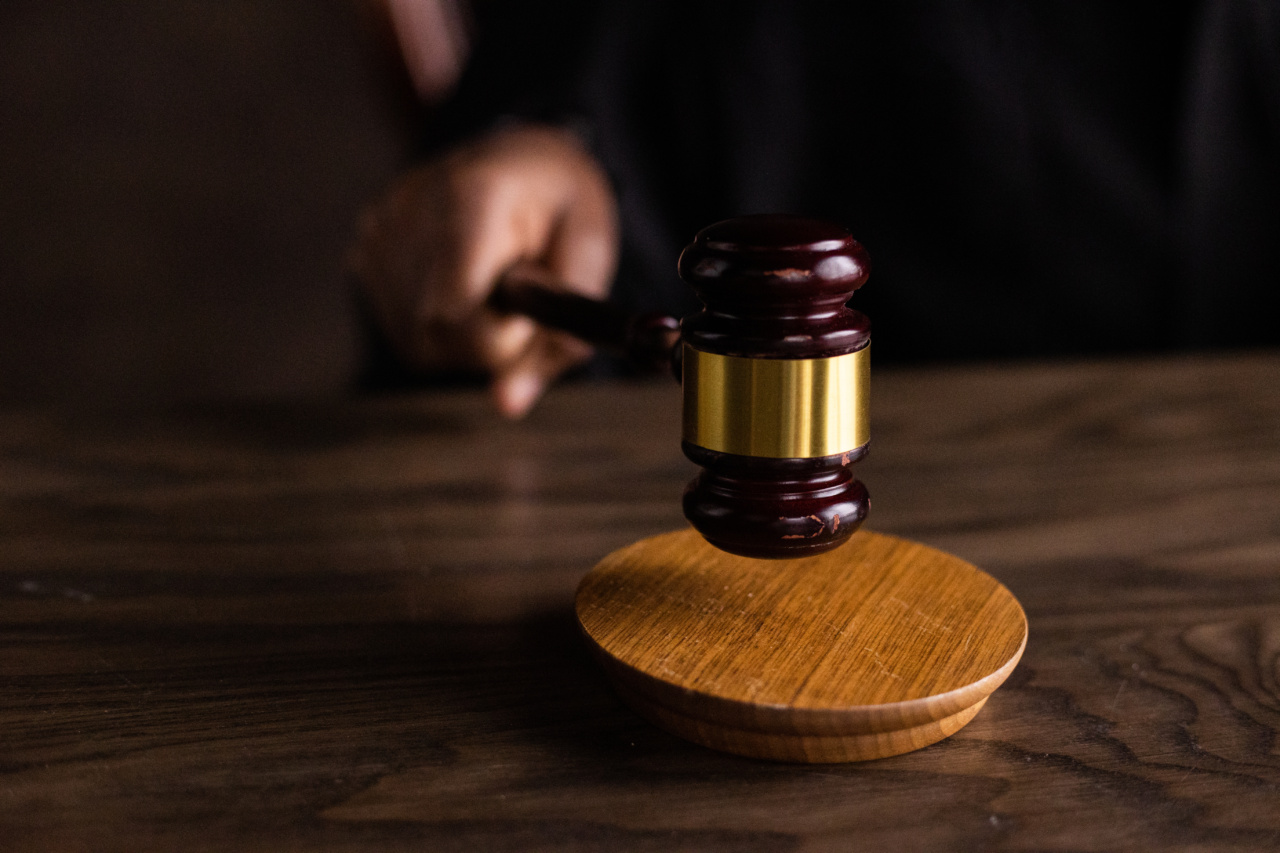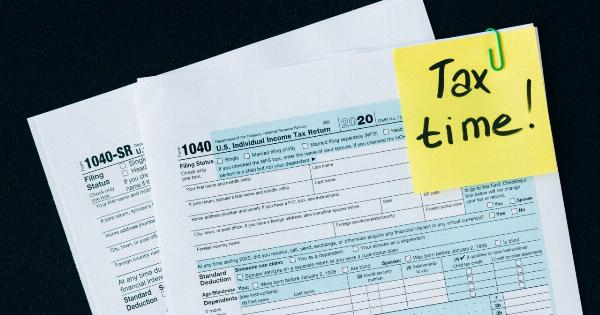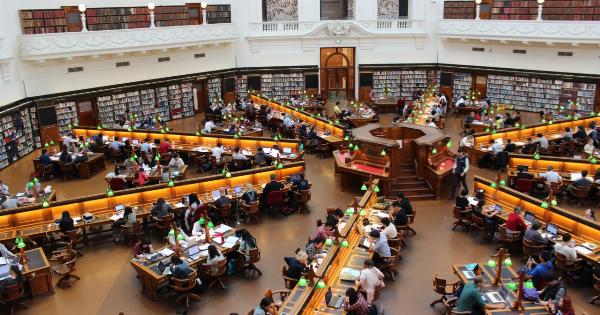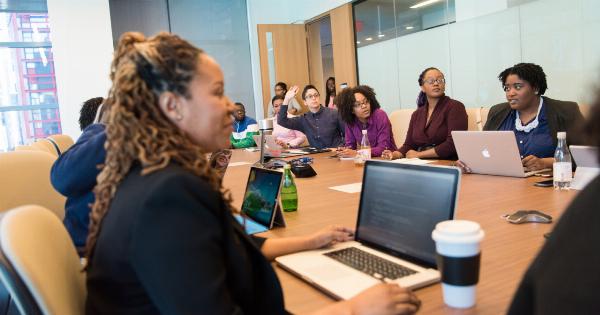Coroners play a crucial role in investigating and determining the cause of death in various situations, ranging from natural deaths to suspicious or unexplained ones.
Their authority extends beyond the mere examination of a deceased person’s body, as they often have the power to influence legal proceedings and provide closure for grieving families. Surrendering to the coroner’s authority is an essential part of the investigative process, ensuring a thorough and transparent examination of the circumstances surrounding someone’s death.
1. The Role of a Coroner
A coroner is a public official responsible for conducting independent investigations into deaths that occur under specific circumstances.
They vary from region to region in terms of their qualifications and appointment procedures, but their core responsibilities generally remain the same.
2. Investigating Suspicious Deaths
Coroners primarily focus on deaths that are suspicious, violent, sudden, or occur while a person is in police custody.
In such cases, they conduct autopsies, gather evidence, and collaborate with law enforcement agencies to determine the cause of death and any potential criminal involvement.
3. Natural Deaths
Not all deaths fall under suspicious circumstances. Sometimes, individuals die of natural causes, and there is no immediate need for a criminal investigation.
However, even in such cases, the coroner may conduct an examination to confirm the cause of death and rule out any hidden factors that could have influenced it.
4. Legal Authority
Coroners often have specific legal powers and responsibilities, which may vary depending on the jurisdiction.
They can summon witnesses, obtain medical records, order toxicology tests, and even temporarily seize assets or properties related to a death investigation. These powers ensure they have the necessary tools to conduct a thorough examination of the circumstances surrounding a death.
5. Collaborating with Other Professionals
A coroner does not work in isolation but collaborates with a wide range of professionals to gather information and arrive at accurate conclusions.
They often work closely with forensic pathologists, toxicologists, police officers, and legal experts to ensure a comprehensive investigation.
6. Providing Closure for Families
One of the most important aspects of a coroner’s role is providing closure for grieving families. Losing a loved one is already a traumatic experience, and when the circumstances are not clear, it can add to the emotional burden.
By conducting a thorough investigation and providing an official cause of death, the coroner helps families understand what happened and brings a sense of closure that is crucial for the healing process.
7. Ensuring Transparency and Accountability
Coroners uphold principles of transparency and accountability throughout the investigative process. They maintain detailed records, compile reports, and present their findings in a clear and unbiased manner.
This commitment to transparency helps build trust in the investigative process and ensures that justice is served.
8. The Role of Coroners in Legal Proceedings
Coroners may also play a significant role in legal proceedings, especially in cases where the cause of death or the circumstances surrounding it are under dispute.
They can be called upon as expert witnesses to provide their professional opinion and present their findings in court. Such testimony strengthens the overall legal process and helps establish the truth behind various death-related incidents.
9. Challenges Faced by Coroners
Coroners face several challenges in their work, including limited resources, managing heavy caseloads, and dealing with the emotional toll of investigating deaths.
Additionally, public expectations regarding the speed and accuracy of investigations can often add pressure to their already demanding responsibilities.
10. Ongoing Professional Development
Coroners must undergo continuous professional development and engage in ongoing education to keep pace with advancements in forensic science, medical practices, and legal procedures.
This allows them to provide the highest standard of service and ensure their investigations remain objective, accurate, and reliable.






























